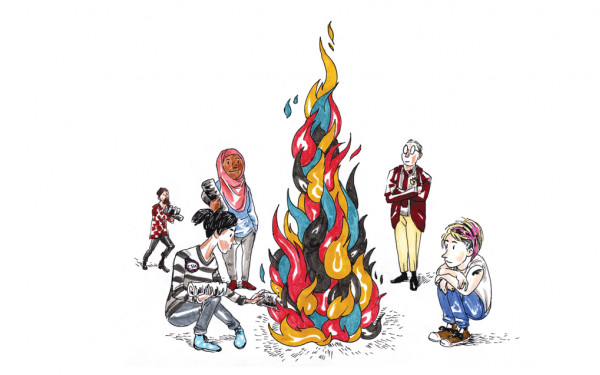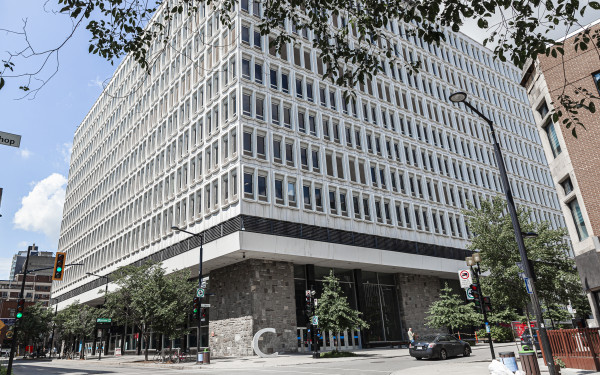Editorial: Half-Measures Won’t Lead to a Safer Concordia
A Concordia University official dismissed a petition that called for mandatory consent workshops, going so far as asking the Centre for Gender Advocacy to take it down.
The Arts and Science Federation of Associations holds a similar stance. VP Social Sean Nolan was quoted as saying in an Aug. 1 Montreal Gazette article that new students “don’t have the attention span” to sit through the two-hour workshops.
It seems a little far-fetched to say that students, who will presumably attend at least a few lectures in their academic careers, won’t be able to absorb information for a couple of hours.
Not to mention that students attending ASFA’s frosh will visit waterslides, eat at barbeques, and attend a screening of Zoolander. On ASFA’s website, this last event is described as “a great way to chill out and relax after two days of going hard.”
AFSA represents almost half of Concordia undergraduates—about 15,000 students. This stance effectively puts fighting rape culture lower on the priorities list than watching flippant Hollywood films and “going hard.”
Across North America there is a considerable history of sexual assault on university campuses going virtually unpunished. Last year in Virginia, for example, a James Madison University student was sexually assaulted, and a video of the assault was posted online.
The perpetrators were “expelled upon graduation” in punishment. JMU is now under federal investigation for their handling of sexual violence complaints.
Two years ago, in a similar incident closer to home, three McGill football players sexually assaulted a Concordia student. The perpetrators were neither suspended from attending classes nor prevented from playing football—it was only after widespread negative publicity that the students resigned from the team.
McGill has had mandatory two- or three-hour consent workshops for all first-year residents in place for years, and there are 2,000 more residents at McGill than at Concordia. Why hasn’t Concordia followed suit?
Is ASFA going to wait until more Concordia students are sexually assaulted, until public outrage grows impossible to ignore, before instituting preventative measures?
One in four post-secondary students are sexually assaulted. There are increased incidences of sexual assault reported during frosh. Excluding a consent workshop from a frosh event lineup because participants “don’t have the attention span” is akin to saying novice rock climbers should be able to scale a cliff without going over safety procedures because it would be boring.
In an Aug. 14 letter to the Gazette, ASFA President Paul Jerajian apologized for the “quotations in the Gazette article” and listed several “proactive initiatives designed to help prevent sexual assault.”
They include mandatory workshops for frosh leaders, placing pamphlets on consent and sexual assault in bags distributed to students participating in frosh, and displaying posters bringing attention to the issue.
It’s better than what was in place in years prior, and is definitely a start towards a safer Concordia.
But frosh leaders aren’t the only ones attending frosh; placing pamphlets in bags doesn’t guarantee that all those who receive one will read it; and posters “that bring attention to consent and sexual assault” simply doesn’t speak to the severity of the issue.
These initiatives, along with ASFA’s partnering with SextEd, are a good start.
But until consent workshops become mandatory for all those attending frosh, these initiatives—and ASFA’s apologies—won’t be enough.

.WEB_900_678_90.jpg)




